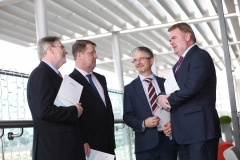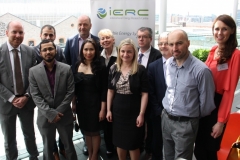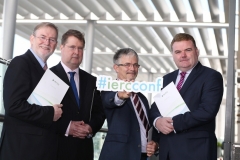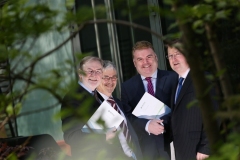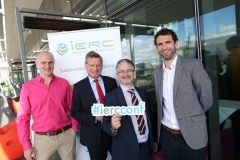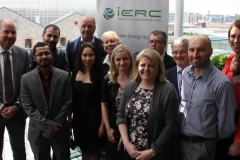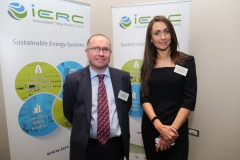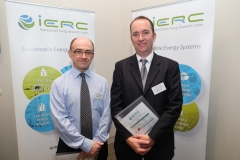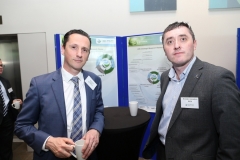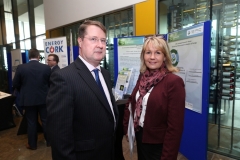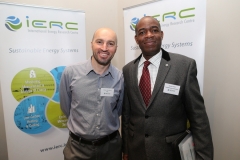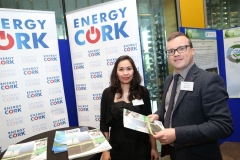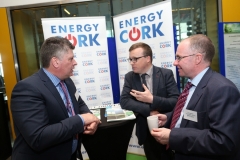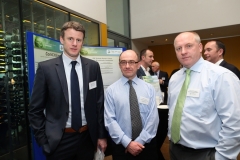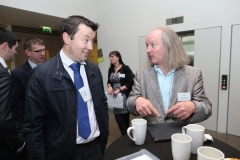The 5th IERC Annual Conference took place on Wednesday 18th May in the Gibson Hotel, Dublin. Further information, including the speaker list and agenda can be found on our conference page: https://www.ierc.ie/2016-conference/
On 18th May 2016, the IERC held its 5th annual conference in the Gibson Hotel, Dublin.
The conference theme was ‘Delivering a Low Carbon Future: Transformative Technologies and Trends’ and included the following four sessions:

Sessions
Session 1: Distributed Generation Systems: Transformative Technologies and Trends
Distributed electricity generation is rapidly gaining credibility as a viable alternative to traditional centralised systems that generate-and-then-sell to the consumer. A distributed generation system has the potential to provide greater diversity of supply options, increased resilience, wider participation rates and more rapid decarbonisation. In a challenge to current orthodoxy, consumers can become prosumers, micro-grids become the norm, and new businesses are built around innovation and new services. The key concerns are around how to achieve this with ensured continuity of supply, while minimising risk to society and the economy. The intersection between energy and ICT is critical and Ireland is particularly well placed to be a major player in these innovations.
Session 2: Panel Discussion: Empowering Energy Citizens
Energy technology adoption requires a strong involvement of citizens into all aspects of the energy system, from planning and implementation to operation and monitoring. The Energy White Paper – Ireland’s Transition to a Low Carbon Future – positions the active citizen engagement as a key component of delivering change. At a community level, numerous initiatives have taken place in various sustainable energy projects around the world and within Ireland, yet effective engagement and empowerment of citizens into national energy policy remains a potent challenge.
Session 3: Low Carbon Heating & Cooling
Heat is the largest single end use energy demand in temperate climates, and accounts for around 40% of Ireland’s final demand. Decarbonising heat is a significant challenge that requires new fuels, new conversion technologies and improved means of distribution and delivery. This requires new research, new business models, and government policy to provide the necessary rapid transition. The potential for innovation and new opportunity is huge, and urgently needed.
Session 4: Energy Efficiency and Carbon Management
The energy efficiency sector in Ireland has enormous potential to bring jobs and economic growth, through both cost savings and new business opportunities. The Energy White Paper indicates continued government financial support for greater uptake of energy efficiency and savings measures to meet Ireland’s national targets. However, rates of investment are still far below what is needed with large untapped potential. Key areas for improvement include buildings, industry and transport, with solutions combining energy systems, ICT, finance and consumer action.
The full conference agenda is available here
